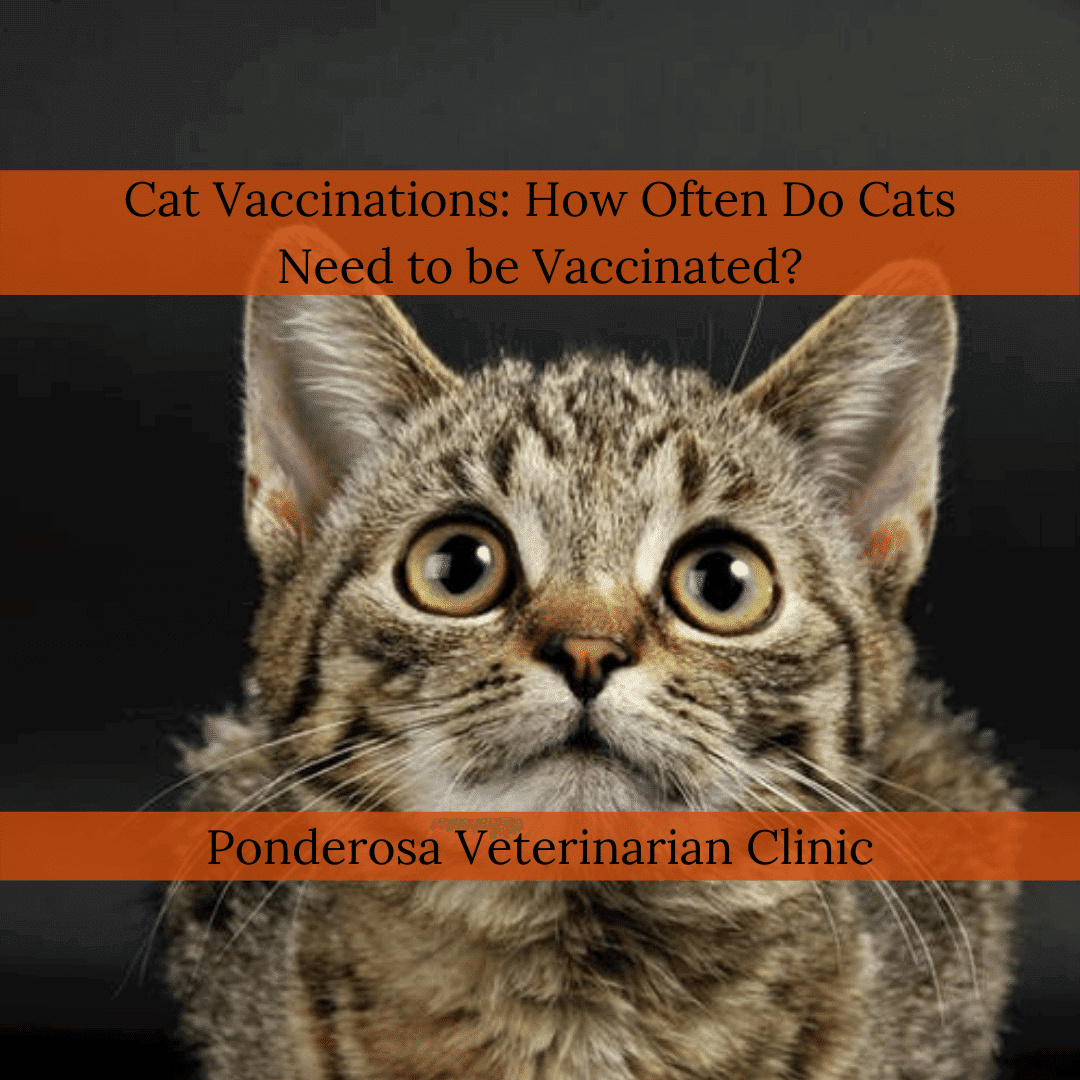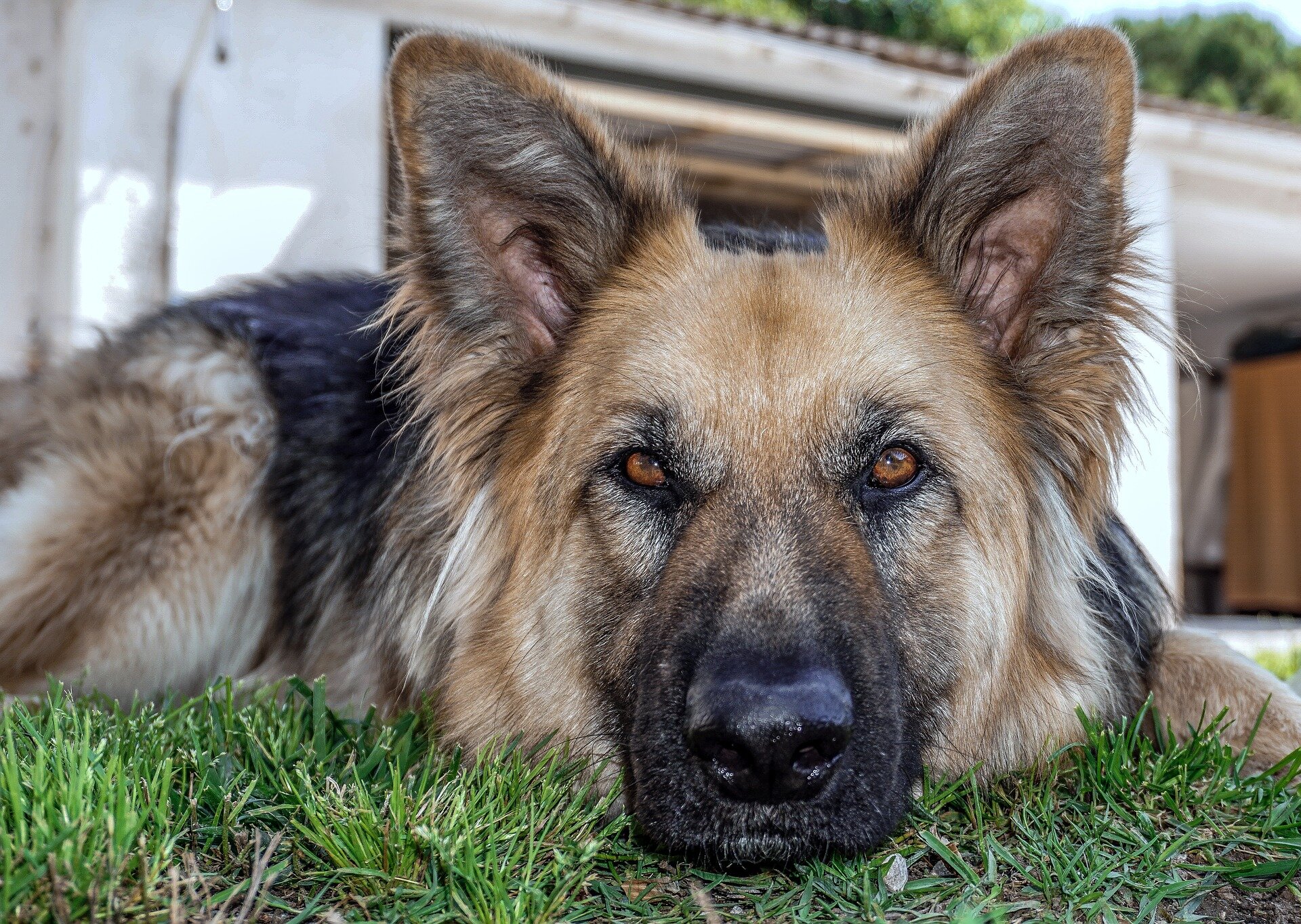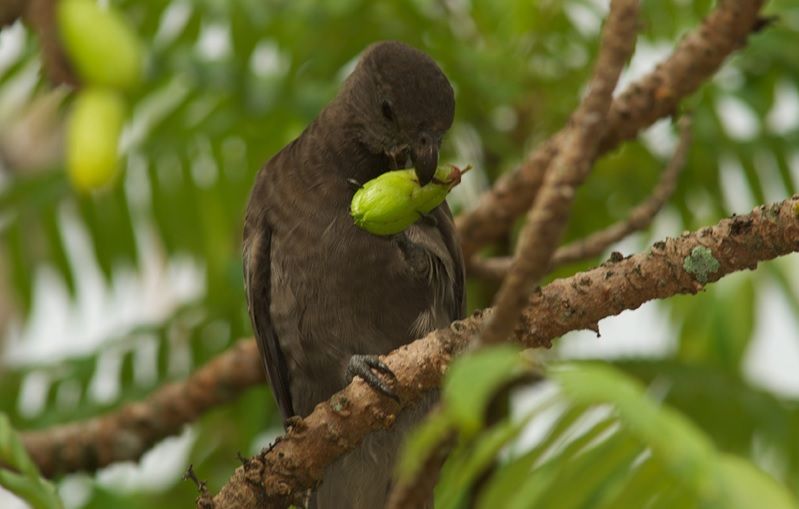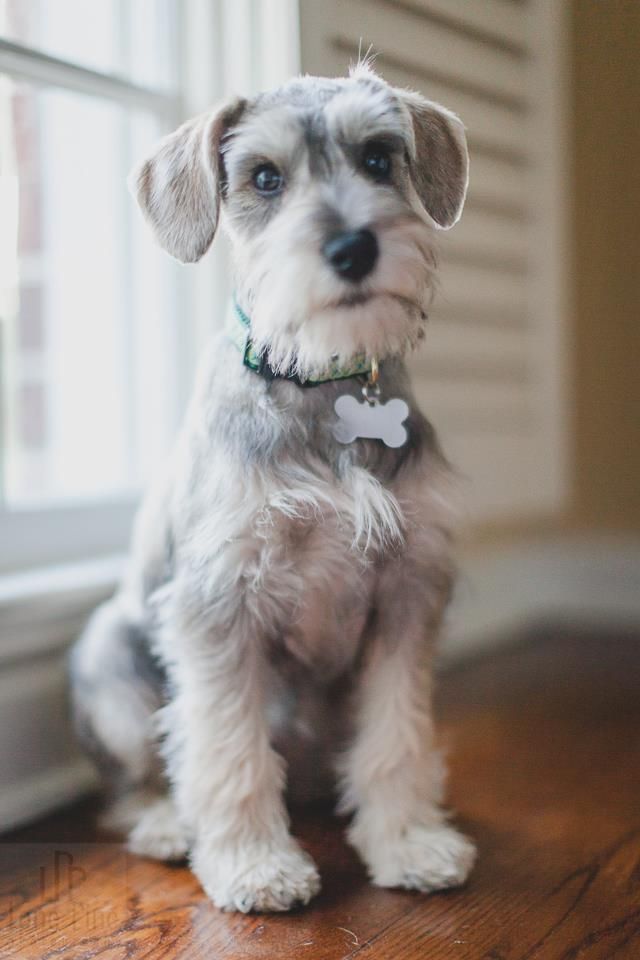You should bring your kitten to see your vet for their first round of vaccinations when they are about six to eight weeks old. Vaccines provide protection from some diseases such as enteritis (feline panleukopaenia) and cat flu (feline calicivirus and feline herpesvirus). Fvrcp (every 3 years for indoor cats, and every year . Similar to humans, cats also sneeze for a variety of reasons. Domestic cats typically live in homes or urban areas while feral cats live in forests, grasslands, tundras and wetlands, and big cats live in rainforests, deserts and in temperate climate zones.

Vaccines provide protection from some diseases such as enteritis (feline panleukopaenia) and cat flu (feline calicivirus and feline herpesvirus). Fvrcp (every 3 years for indoor cats, and every year . Vaccines are given to your cat one year after the end of the kitten series. If you’ve noticed that your feline friend is sneezing more frequently than usual lately, you might be wondering why. You should bring your kitten to see your vet for their first round of vaccinations when they are about six to eight weeks old. Vaccination of dogs and cats in the shelter environment. Feline panleukopenia virus · 2. Which vaccines are recommended for cats?
If you’ve noticed that your feline friend is sneezing more frequently than usual lately, you might be wondering why.
Similar to humans, cats also sneeze for a variety of reasons. Where cats live depends primarily on the spec. There are a multitude of reasons that your cat might be sneez. Then they must be boostered a year later. Domestic cats typically live in homes or urban areas while feral cats live in forests, grasslands, tundras and wetlands, and big cats live in rainforests, deserts and in temperate climate zones. Vaccines are given to your cat one year after the end of the kitten series. Veterinarians administer cerenia injections to cats that are at least 4 months old. Vaccines provide protection from some diseases such as enteritis (feline panleukopaenia) and cat flu (feline calicivirus and feline herpesvirus). Kittens should start getting vaccinations when they are 6 to 8 weeks old until they are about 16 weeks old. Cerenia is a veterinary medication prescribed to reduce vomiting, nausea, pain and inflammation related to conditions such as acute feline pancreatitis. Which vaccines are recommended for cats? Feline panleukopenia virus · 2. You should bring your kitten to see your vet for their first round of vaccinations when they are about six to eight weeks old.
Which vaccines are recommended for cats? Feline viral rhinotracheitis · 3. Domestic cats typically live in homes or urban areas while feral cats live in forests, grasslands, tundras and wetlands, and big cats live in rainforests, deserts and in temperate climate zones. Then they must be boostered a year later. Vaccines provide protection from some diseases such as enteritis (feline panleukopaenia) and cat flu (feline calicivirus and feline herpesvirus).

You should bring your kitten to see your vet for their first round of vaccinations when they are about six to eight weeks old. Feline panleukopenia virus · 2. Kittens should start getting vaccinations when they are 6 to 8 weeks old until they are about 16 weeks old. Fvrcp (every 3 years for indoor cats, and every year . If you’ve noticed that your feline friend is sneezing more frequently than usual lately, you might be wondering why. Cerenia is a veterinary medication prescribed to reduce vomiting, nausea, pain and inflammation related to conditions such as acute feline pancreatitis. Veterinarians administer cerenia injections to cats that are at least 4 months old. Domestic cats typically live in homes or urban areas while feral cats live in forests, grasslands, tundras and wetlands, and big cats live in rainforests, deserts and in temperate climate zones.
Which vaccines are recommended for cats?
Vaccines are given to your cat one year after the end of the kitten series. Vaccines provide protection from some diseases such as enteritis (feline panleukopaenia) and cat flu (feline calicivirus and feline herpesvirus). Then they must be boostered a year later. There are a multitude of reasons that your cat might be sneez. Vaccination of dogs and cats in the shelter environment. Combination vaccine fvrcp, or feline distemper, felv for felines at risk of exposure . Similar to humans, cats also sneeze for a variety of reasons. Which vaccines are recommended for cats? Kittens should start getting vaccinations when they are 6 to 8 weeks old until they are about 16 weeks old. Cat vaccination schedule · every year: Domestic cats typically live in homes or urban areas while feral cats live in forests, grasslands, tundras and wetlands, and big cats live in rainforests, deserts and in temperate climate zones. Fvrcp (every 3 years for indoor cats, and every year . If you’ve noticed that your feline friend is sneezing more frequently than usual lately, you might be wondering why.
Vaccines are given to your cat one year after the end of the kitten series. Where cats live depends primarily on the spec. Similar to humans, cats also sneeze for a variety of reasons. You should bring your kitten to see your vet for their first round of vaccinations when they are about six to eight weeks old. There are a multitude of reasons that your cat might be sneez.

Combination vaccine fvrcp, or feline distemper, felv for felines at risk of exposure . Which vaccines are recommended for cats? There are a multitude of reasons that your cat might be sneez. Veterinarians administer cerenia injections to cats that are at least 4 months old. Vaccination of dogs and cats in the shelter environment. Feline viral rhinotracheitis · 3. Kittens should start getting vaccinations when they are 6 to 8 weeks old until they are about 16 weeks old. Where cats live depends primarily on the spec.
Veterinarians administer cerenia injections to cats that are at least 4 months old.
Feline panleukopenia virus · 2. Then they must be boostered a year later. You should bring your kitten to see your vet for their first round of vaccinations when they are about six to eight weeks old. There are a multitude of reasons that your cat might be sneez. Veterinarians administer cerenia injections to cats that are at least 4 months old. Feline viral rhinotracheitis · 3. Vaccines are given to your cat one year after the end of the kitten series. Vaccination of dogs and cats in the shelter environment. Domestic cats typically live in homes or urban areas while feral cats live in forests, grasslands, tundras and wetlands, and big cats live in rainforests, deserts and in temperate climate zones. Vaccines provide protection from some diseases such as enteritis (feline panleukopaenia) and cat flu (feline calicivirus and feline herpesvirus). Combination vaccine fvrcp, or feline distemper, felv for felines at risk of exposure . Cat vaccination schedule · every year: Fvrcp (every 3 years for indoor cats, and every year .
21+ Cat Vaccinations Pics. Similar to humans, cats also sneeze for a variety of reasons. Veterinarians administer cerenia injections to cats that are at least 4 months old. Where cats live depends primarily on the spec. If you’ve noticed that your feline friend is sneezing more frequently than usual lately, you might be wondering why. Then they must be boostered a year later.





